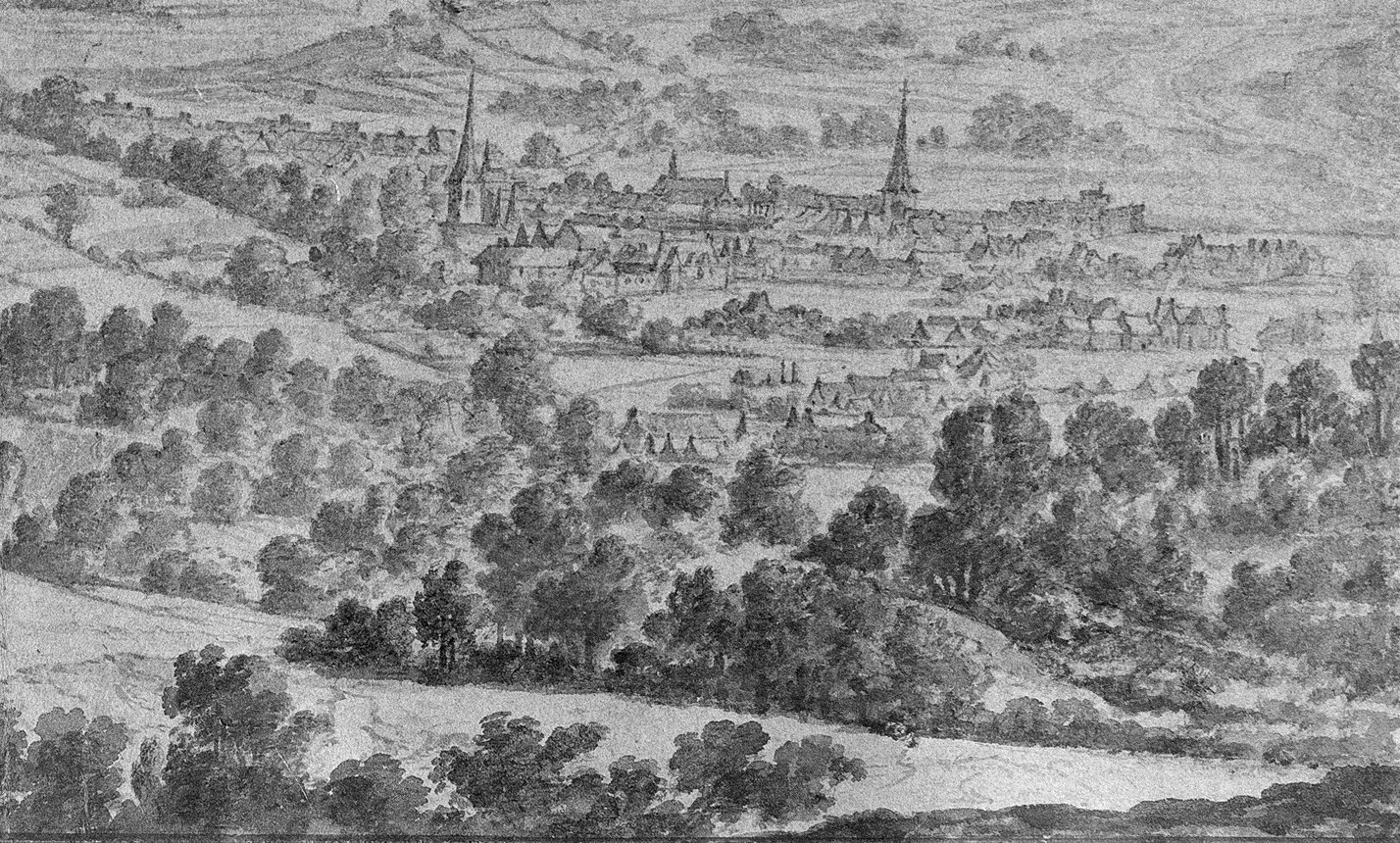During that time, hundreds of thousands of Jews, communists and socialists had to flee from National Socialism in Germany. Today, the man is no longer alive. The document dates from the 1980s and was produced by the freelance journalist Gerd Pasch, which was fortunate because otherwise this man’s memories would be lost.
Cross-border contacts (in German)
Source: Gerd Pasch/BRF
The source is particularly interesting because it is not a classic eyewitness interview. Normally, historians go to a quiet place for eyewitness interviews and move down their lists of questions.
This document is different. The former border smuggler walks through the landscape with his companions. Again and again, he picks up landscape elements and describes how they affected his smuggling activity. The surroundings feed his memory and stimulate his narration.
On the Belgian side (in German)
Source: Gerd Pasch/BRF
The speaker describes the escape routes between Rott, Roetgen, Schmithof, Raeren, and Eupen. He helped people from Germany and Austria to escape. It cannot be said with absolute certainty how his statements are to be assessed. Many people smugglers did not necessarily help the persecuted to escape out of charity, but exploited them. In the decades after the war, they glossed over their deeds.
Now and then (in German)
Source: Gerd Pasch/BRF
The smuggler draws parallels between the 1930s and the 1980s. He talks about human smuggling during the First Gulf War. People fled both Iran and Iraq in the 1980s. He is not sure how to weigh the situation. This is interesting, since he had helped people escape and had saved their lives decades before. Why he helped people in the 1930s but was hesitant to assess human smuggling in the 1980s is something we cannot tell today. It is obvious that smuggling in the 1930s was about the persecuteds’ right to live.
In the 21st century, Europe is confronted with increasing refugee flows from Africa, the Middle East, and Ukraine. To what extent can these refugee movements be compared to the flight of Jews, socialists, and communists from 1930s Germany?
